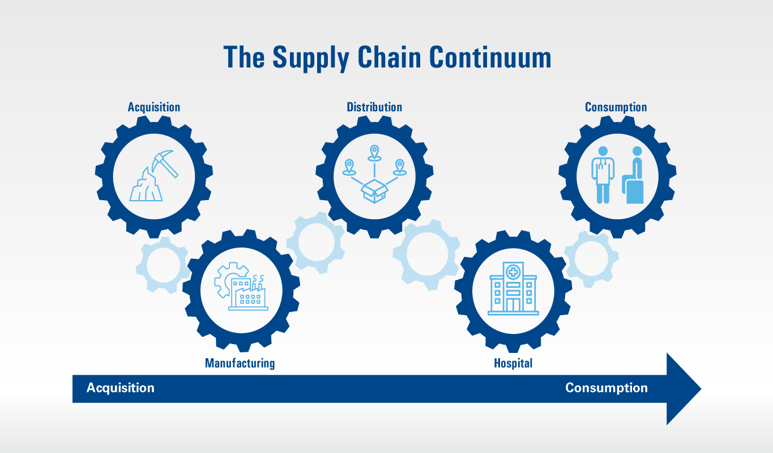
Perioperative leaders face mounting pressures to optimize resources, reduce costs, and improve patient outcomes. However, one challenge stands out among the rest: OR staffing shortages. According to a November/December survey conducted by LeanTaaS in collaboration with OR Manager, staff recruitment and retention is a top priority for OR leaders this…

More than 4 years after personal protective equipment production and inventories crashed amid the global COVID-19 pandemic, the “new normal” in healthcare supply chains seems to be “uncertainty.” Although hospital margins are improving and patient volumes are trending upward, “stress fractures continue to remain in place,” says Michael Schiller, CMRP,…

Editor's Note Reducing surgeon manipulation of electronic health record (EHR) OR scheduling systems can improve efficiency, save resources, and enhance service to patients, according to data published in the March/April issue of the Journal of Healthcare Management. Although predictive models using EHR and machine learning improve accuracy compared to traditional…

Editor's Note A paper published March 29 in the journal Bioengineering examines the growing integration of artificial intelligence (AI) into hospital and healthcare systems and the way in which it is augmenting clinical decision-making, optimizing hospital operation and management, improving medical image analysis, and transforming patient care and monitoring through…

Editor's Note Although lumbar disc herniation surgery can alleviate symptoms of back pain and even prevent disability, the costs exceed the benefits for a sizeable minority of patients, researchers write in a study published February 7 in Jama Network. To address this concern, they investigated whether machine learning algorithms that…

Editor's Note A new method of measuring body composition using deep learning models and 3D scans is accurately depicts the distribution of fat and muscle in various body types, according to findings published January 30 Nature Communications Medicine. Creating tying an accurate digital map of a person’s shape and body…

Editor's Note How will healthcare regulators deal with artificial intelligence? How will malpractice law change, and who will be liable for harm derived from AI diagnosis and treatment recommendations? What can be done about bias in AI? Even amid a surge in algorithms cleared by the FDA, all of these…

Editor's Note: Artificial intelligence (AI) leveraging machine learning (ML) and natural language processing (NLP, a subset of machine learning) models can help identify donors with kidneys unsuitable for organ transplant, according to a study published November 1 in Jama Surgery. Despite the unmet need, many deceased-donor kidneys are discarded or…

Editor's Note: A recent study suggests artificial intelligence (AI) can be valuable for identifying patients who consumed risky amounts of of alcohol prior to surgery. Findings appeared in the journal Alcohol, Clinical and Experimental Research on January 8. For the study, researchers extracted 3 years of text-based clinical records from…
Editor's Note A new artificial intelligence (AI) tool developed by researchers at the Smidt Heart Institute at Cedars-Sinai could help doctors better understand which patients are at greatest risk of dying following surgery, according to a December 15 report in Newswise. Based on findings originally published in the Lancet Digital…